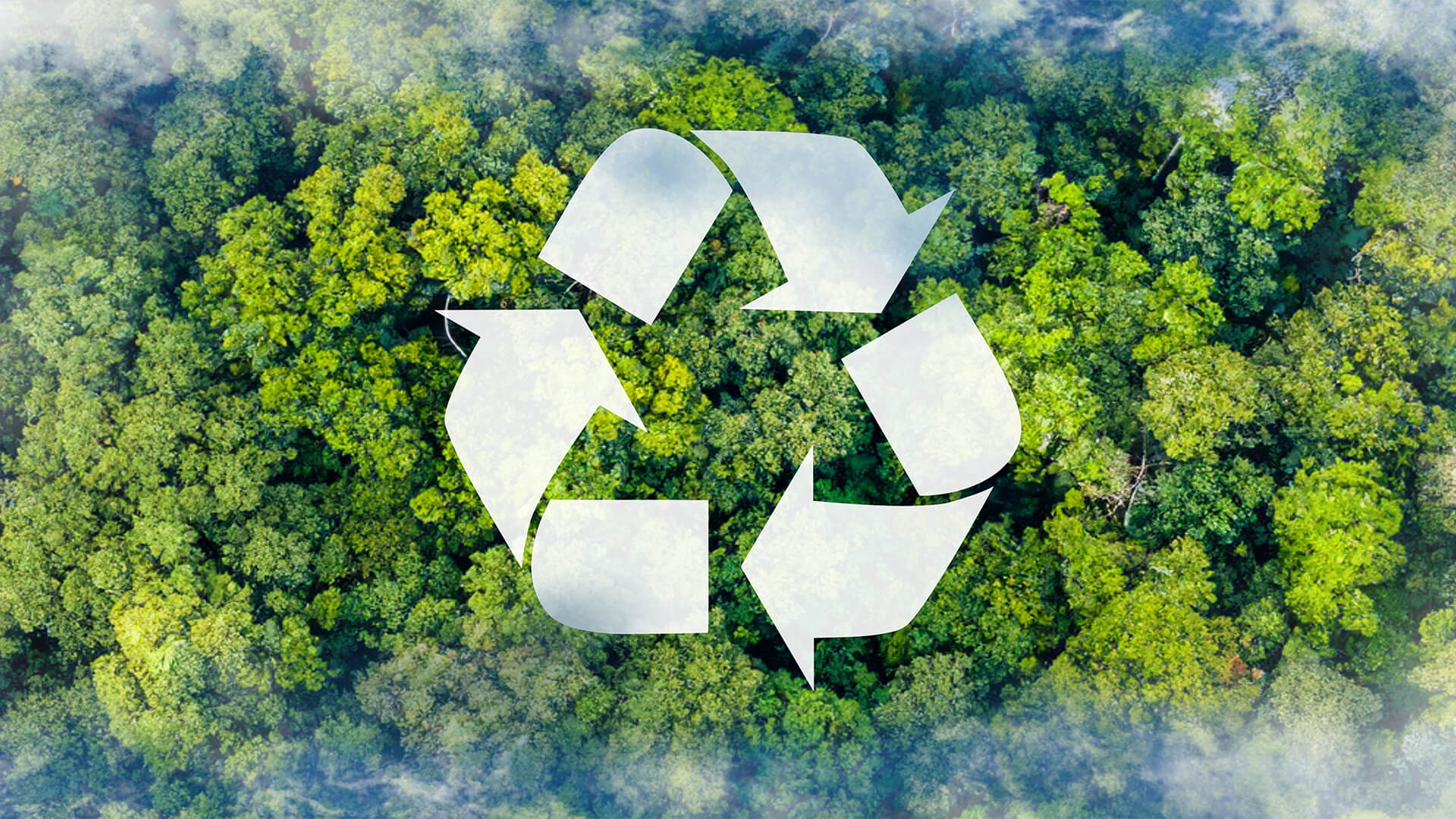The First Step to Adding Value to the Environment: Recycling
17 Ocak 2025In today's world, adopting an environmentally conscious approach should be a priority for every individual and organization. Recycling is one of the cornerstones of an environmentally friendly lifestyle, making significant contributions to the protection of natural resources and achieving sustainable development goals.
In this article, we will explore the environmental impacts of recycling and the steps that should be taken to make this process more efficient.
What is Recycling?
Recycling is the process of reprocessing waste materials to transform them into new products that retain their original properties. Materials such as plastic, paper, glass, and metal are reprocessed into reusable forms during recycling. This method helps reduce the consumption of natural resources while providing various environmental benefits, such as energy savings, reduced carbon emissions, and the protection of natural habitats.
Environmental Contributions of Recycling
Recycling is a crucial tool in reducing environmental impacts. Every year, millions of tons of waste damage nature and threaten ecosystems. Recycling plays a significant role in minimizing these threats. Here are some of the key environmental benefits of recycling:
- Conservation of Natural Resources Recycling ensures more efficient use of natural resources. For example, paper recycling helps protect forests, while recycling plastic reduces the consumption of petrochemical resources.
- Energy Savings Reprocessing waste materials requires much less energy than producing new products from scratch. This is a significant advantage in terms of energy efficiency. Additionally, energy savings result in reduced fossil fuel consumption.
- Reduction of Carbon Footprint Recycling helps reduce greenhouse gas emissions. The use of recycled materials leads to lower carbon emissions during manufacturing, making it an essential step in combating global warming.
- Waste Reduction Waste management becomes more efficient through recycling. It prevents landfills from filling up, thus minimizing environmental pollution and protecting natural habitats.
The Recycling Process
The effectiveness of the recycling process is directly linked to the proper separation and processing of waste. Here are the key steps to consider in the recycling process:
- Waste Separation To make recycling efficient, waste materials should be properly separated. Materials like plastic, paper, glass, and metal should be collected separately in recycling bins. This ensures that the recycling process is carried out quickly and efficiently.
- Recycling Bins and Infrastructure Using recycling bins makes waste separation easier. These bins contribute to the widespread adoption of an environmentally conscious approach in homes and workplaces. Additionally, strong recycling infrastructure increases the recycling rates.
- Choosing Recyclable Products Choosing recyclable products enhances the efficiency of the recycling process. The production and consumption of such products directly contribute to higher recycling rates. It’s important to check product labels to select those that are suitable for recycling.
Common Mistakes in Recycling
Some common mistakes in the recycling process can negatively affect its efficiency:
- Dirty Waste: Sending waste to recycling without cleaning it complicates the process. For example, oily plastics or dirty paper are non-recyclable and can cause disruptions in the process.
- Incorrect Sorting: Different materials require special processing. Mixing paper with plastics or electronic waste with other recyclables reduces the effectiveness of recycling.
Biotrend Energy's Recycling Activities
- We are launching a new advanced recycling facility in collaboration with Honeywell using the UpCycle Process technology, marking a first in Turkey. This investment has received 9.2 billion TL in state support. The facility, planned to start operating in 2027 in the Izmir Region, aims to produce 55,000 tons of pyrolysis oil from 118,000 tons of plastic waste.
- We process approximately 20% of Turkey’s waste at a regulated disposal site and recover recyclable materials through mechanical sorting and material recovery facilities in İnegöl, İzmir-Harmandalı, İzmir-Bergama, and Uşak.
- We are taking steps to increase water efficiency by recycling wastewater for use in production processes and by using new technologies.
- We are investing in new technologies and processes to recycle waste and convert it into high-value-added products.
- At our mechanical sorting facilities, we process plastics, metals, and other recyclable materials and present these products to the market according to consumer demand.
- According to 2023 data, we sent all non-hazardous waste such as metal chips, shavings, and plastic flakes to recycling companies to be reintegrated into the economy.
Recycling and a Sustainable Future
Recycling not only protects the environment but also contributes to the economy. Recycling projects support innovation processes where waste is revalued and reintegrated into the economy. In this context, as Biotrend Energy, we continue to fulfill our environmental responsibilities by providing sustainable energy solutions. By understanding the importance of recycling processes, we increase our environmental contribution through energy efficiency and renewable energy sources.
For more information about our recycling and sustainability activities, please refer to our 2023 Sustainability Report.





